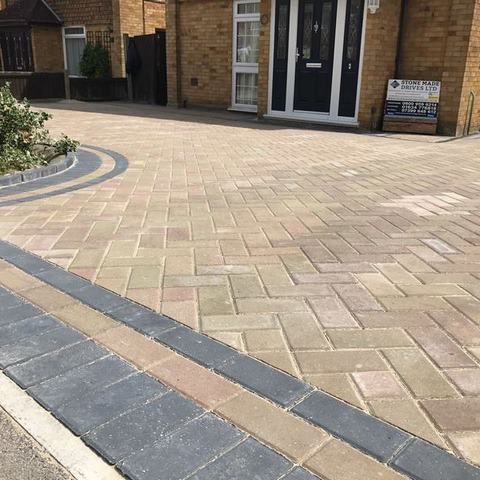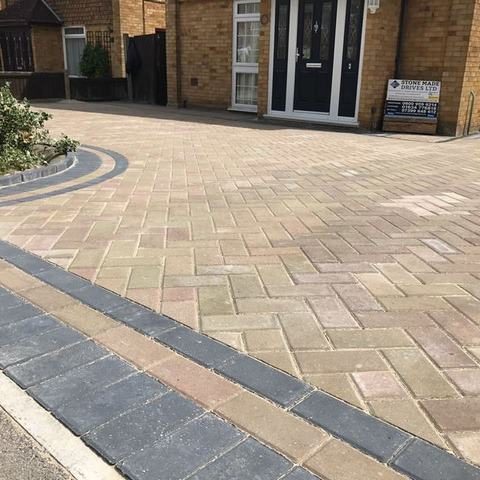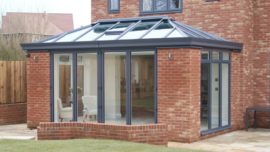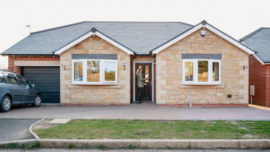Stilt houses: reasons why you should raise your home
What is a stilt house?
Stilt houses are houses built on elevated platforms. They can be built in a variety of locations. They are usually constructed over water, but they can also be built on dry land.
Why are houses built on stilts?
Many people have been building homes on stilts since the prehistoric times. Elevating homes can protect them against flooding and keep animals out. Which is why these types of homes are very popular in tropical and coastal regions.
Are stilt houses safe?
Even though they may seem unstable, houses built on stilts are normally secure. Builders traditionally use wood, bamboo, cane, or rattan for stilted houses. However, steel is now more commonly used as a construction material.
Steel usually holds well in the ground and is less likely to break than other materials. Steel stilts will hold up adequately even if you want to build your house on an uneven surface. Although, like any house the structural integrity lies within the hands of the builders.
Benefits of stilt houses –
- Maximise the view. By elevating your home your house will typically stand higher than other houses in the area. This will provide you with amazing views and far-reaching perspective of the surrounding environment.
- Extra space and ventilation beneath the house. With the house being raised you have a load of free space under the house, many people use this area as a car port. It also improves ventilation because the cool air can flow under the house.
- You can build on uneven ground. Because the house is off the ground you can build above uneven ground. This is good for the environment because the land is facing minimal damage.
- Can build over water. This not only makes for an unusual living space, but it also lessens the house’s mass and footprint on the fragile shore.








